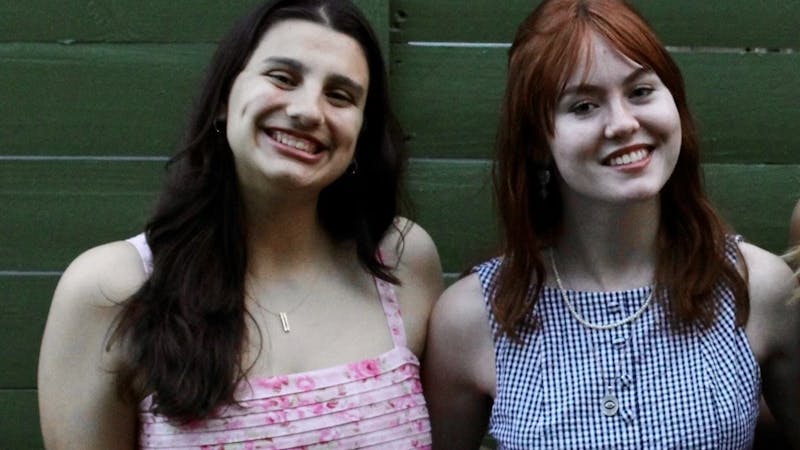Terrorism in the Homeland: Unity with Muslim Americans neccesary
Since the beginning of the war on terror, many Americans have expressed a concern about "homegrown" radicalized terrorist cells and the best way to prevent them.
While a cell has yet to stage an attack, events of the past few years have brought the issue back into distinct focus. The tragic Fort Hood shootings and the botched Time Square car bombing attempt were both marked by Islamic extremism. Most recently, Peter King grabbed headlines for the House of Representatives hearing on the subject, asserting that law enforcement has not received adequate cooperation from American Muslims.
When looking at how to deal with this issue politically, however, a different event should stand out: the New York Mosque protests.
These protests sent a clear message that, at a minimum, there remains significant anger towards the Muslim community for the Sept. 11 attacks, and, at most, significant bigotry in this country. Such national sentiments sow the seeds for the anger and isolation that then make Muslim youths easier targets for radical extremists. It is a sad irony that our fear and anger can help create the very thing that drives our fear.
Given this circumstance, our national leaders must act with considerable political acumen to promote the safety of the nation. We must discuss national security, including protection against domestic terrorism, without further isolating or antagonizing Muslims. Success hinges on the way that the conversation is framed.
First, the conversation should be framed around preventing domestic terrorism and extremism. After all, some of our most egregious home-grown terrorist acts, like the Oklahoma City bombings, had nothing to do with Islam. It makes sense then to target domestic terrorism, not Islamic ?domestic terrorism.
The conversation must focus on terrorism prevention and how to best protect our citizens and our liberties. In a world where terrorists must be caught before they act, finding the line separating prudent security and invasive encroachments on freedom is one of the toughest issues facing our nation, and it is an issue that still remains relatively unsettled. This should be where the conversation falls.
Finally, there must be a concentrated effort to address misconceptions and unfounded fears about American Muslims. Our history is blotched by eras where fear motivated mistreatment of certain groups: whether immigrants, Japanese during World War II, blacks earlier this century or accused communists during the Cold War. By comparison, we have done well in not persecuting American Muslims. But, as demonstrated by the New York mosque protests, and a deep fear still exists. And never has this fear been more dangerous.
Supporters of King's position have accused detractors of placing political correctness above identifying the enemy. However, the United States will be safer if we make who is not the enemy unambiguously clear. Foreign agents will attempt to take advantage of angry or disaffected individuals willing to attack our country, but this is not the root cause of individuals' anger or foreign agents' malicious intentions. Therefore, our national conversation should focus on ensuring that American Muslims do not feel isolated, and that our law enforcement has the tools to limit those malicious individuals and foreign agents.
Since Sept. 11, our nation has done an almost impossibly good job in protecting its citizens from terrorist attacks, foreign or domestic, but still we must increase the lines of communication and exchange between Muslim and non-Muslim Americans. We must make sure everybody knows who is not the enemy.
Gabe Cuadra is a Will Rice College Junior.
More from The Rice Thresher

Letter from the editors’ desk: Journalism is a community practice
First of all, we want to thank y’all for picking up the paper, reading our stories and answering our questions all the time. We want to inform students, staff and the community about what is happening at Rice, and the only way to do that is by hearing from you. Talk to us, email us, submit tips on our website, write an opinion piece; however you want to communicate, we always want to know what matters to you.
Keeping Rice culture of care alive is a shared responsibility
The semester has barely begun, and this year’s Dis-Orientation saw four times as many medical transports as previous years. That number should give everyone pause.
Letter from the Provost: Welcome and good luck, new Owls
Welcome to Rice! We look forward to guiding you as you experience this special place that encourages students to grow in and outside of the classroom. The culture on campus is built to support you through your successes and challenges as you achieve existing goals and realize new ones. That’s the beauty of Rice — you will be exposed to new opportunities that you didn’t even know were possible.


Please note All comments are eligible for publication by The Rice Thresher.